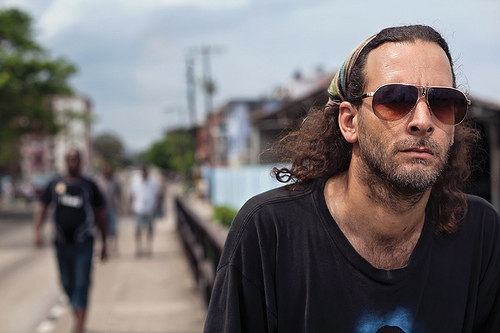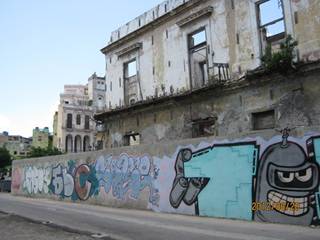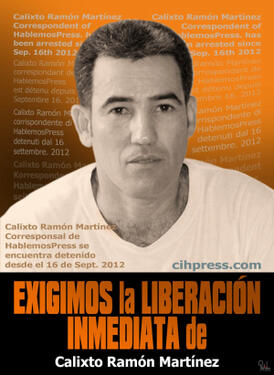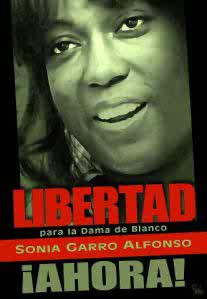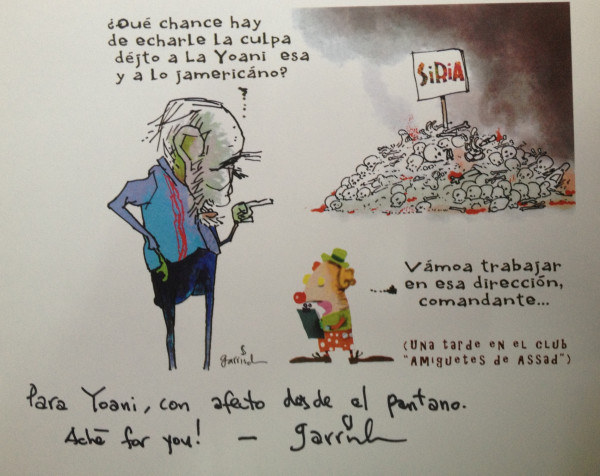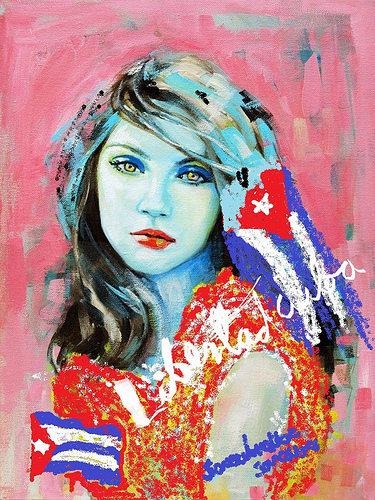Many people who don’t know Cuban could have read this article* by a Frenchman who presents himself as an expert on Cuban issues, which encouraged me to offer some clarifications about what can be done with money in my country, information that I have first hand for being a Cuban who lives in Cuba, where the dual monetary system has resulted in a national currency called “national money” and known by the acronym CUP**, which is deeply depreciated, with salaries which are paid in it insufficient, and the other which is the equivalent of hard currency, known as the Cuban Convertible Peso, or CUC**, which is the currency required for almost all products and services.
To ride in a private taxi known as “almendrones” — after the “almond” shape of the old American cars used to provide this service –implies accommodating yourself to the fixed routes that these collective taxis travel. If you go from Marianao to Central Havana, it will be 20 pesos, but if you go to Alamar is will be twice that because you have to transfer to another car, and if this simply trip is after ten at night, the fare doubles again.
If you want or need a home, you should start by inheriting it or building it. Rental housing is a rarity among Cubans, and even if the tax is rent in CUP, the agreement between the parties takes the CUC as a reference, and one-bedroom apartment goes for about 100 CUC.
At the risk of overwhelming my readers, I want to comment on the foods mentioned in the list, because you should know, as the expert does not clarify, that in Cuba the same food can have four prices: The price of food in CUP in the subsidized basic food basket at the ration stores, the market price for the same food not in the ration stores in CUP or its equivalent in CUC, food on the market in CUC only, and last, but not least, the food offered in the black market.
The products in the first group delivered through the ration book for each consumer are:
Soft bread at 5 oz. (per day); and monthly per person rations of 10 eggs, 1 lb. chicken, 1/2 lb. of chicken instead of fish (last year there was no fish), 1/2 lb. of “mincemeat” made from soybeans, 1/2 lb. sausage, 5 lb. kg. rice, 1/2 lb. beans, 5 lb. white sugar and 1lb. turbinado sugar, 2.1 lbs. of spaghetti, 4 oz. of 50% blended coffee and 1 cup of vegetable oil. Children under the age of three receive compotes, up to age seven a quart of milk, and up to age thirteen a quart of soy yogurt. (Sorry if I have not been accurate in converting pounds to kilos, but foods are sold by the pound, and make not my forte. [Note: the translator has converted them back to pounds.])
This monthly allowance costs a little more than 1 CUC. I invite my readers to do the simple exercise of physically checking of these foods to better understand what comes next.
Once the subsidized food runs out, you have to go to the market governed by supply and demand, where the prices vary drastically. As the production is not abundant, either because of so much idle land or because of droughts, cyclones of the Blockade, rice that costs less than 1 CUP here costs 8 CUP for two pounds; grains are more than 24 CUP for 2 pounds, and if you don’t have a child under seven, no matter how much money you have, if you want to drink milk you have to pay for it in hard currency, with a tetrapack of one quart costing 2.40 CUC, or 1.20 CUC for a can of condensed milk, or 1.60 CUC for evaporated milk, or 5.40 for a pound of powdered milk.
As an unrepentant coffee drinker, I know that a cup of “mixed” coffee (with peas or other fillers in it) at any kiosk costs one CUP; a fiction of coffee, a fake; if you want coffee-coffee, you have to pay 3 CUC for the cheapest ground coffee. I’m not the same with alcohol but there is nothing more agreeable than a beer with Sunday lunch, a luxury I only allow myself two or three times a year, because a beer costs 20 CUP or 1 CUC.
But where the gentleman who wrote the article is most greatly confused, is in the price of proteins, so coveted in Cuban because of their scarcity, despite being frowned upon in the modern diet.
Pork, the most consumed and “economical” costs 50 CUP for two pounds if you buy large pieces because in small portions it costs up to 80; eggs are sold at 1.50 CUP or at the equivalent of 8 CUP in hard currency stores.
I do not dwell on the price of other foods because to explain what I can and can’t buy exceeds my patience and would exceed yours. Meanwhile, the cost of electricity if going up; it’s 9 cents only for the first 100 kw, and in my house with three people, with no appliances other than the refrigerator and the heater in the shower, we use 220 kw a month, which is around 60 CUP.
The article, designed to denigrate a well-known figure, manipulates data, with ignorance or malice, which casts a shadow on the credibility of the writer, to use his own words.
Translator’s notes:
*The link in Regina’s post does not work so we have not been able to confirm the article she’s talking about, and will not, therefore, speculate about who its likely author is.
**The monetary values relative to the U.S. dollar are approximately $1.10 per CUC and 24 CUPs to one CUC.
January 18 2013









